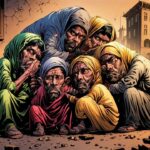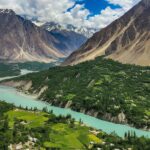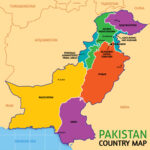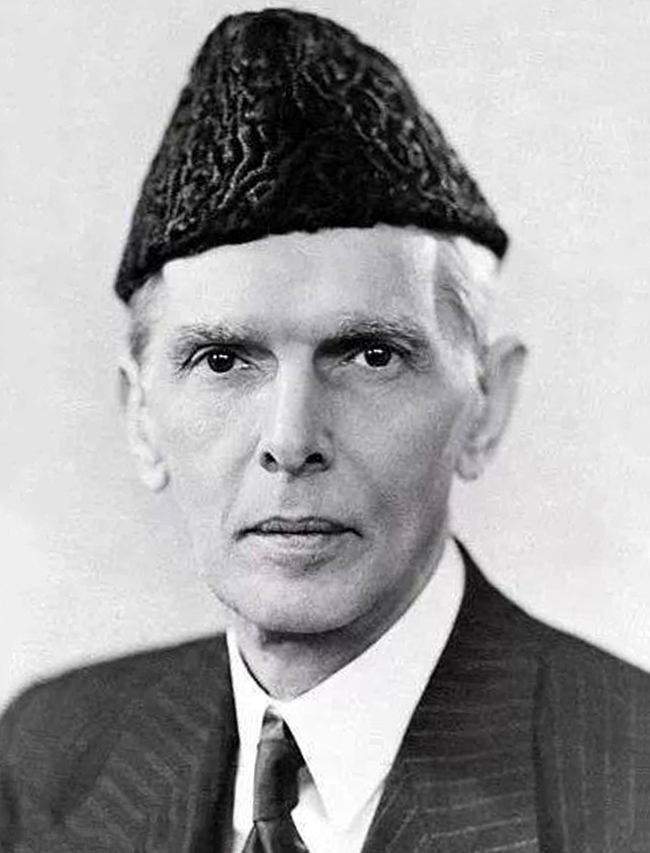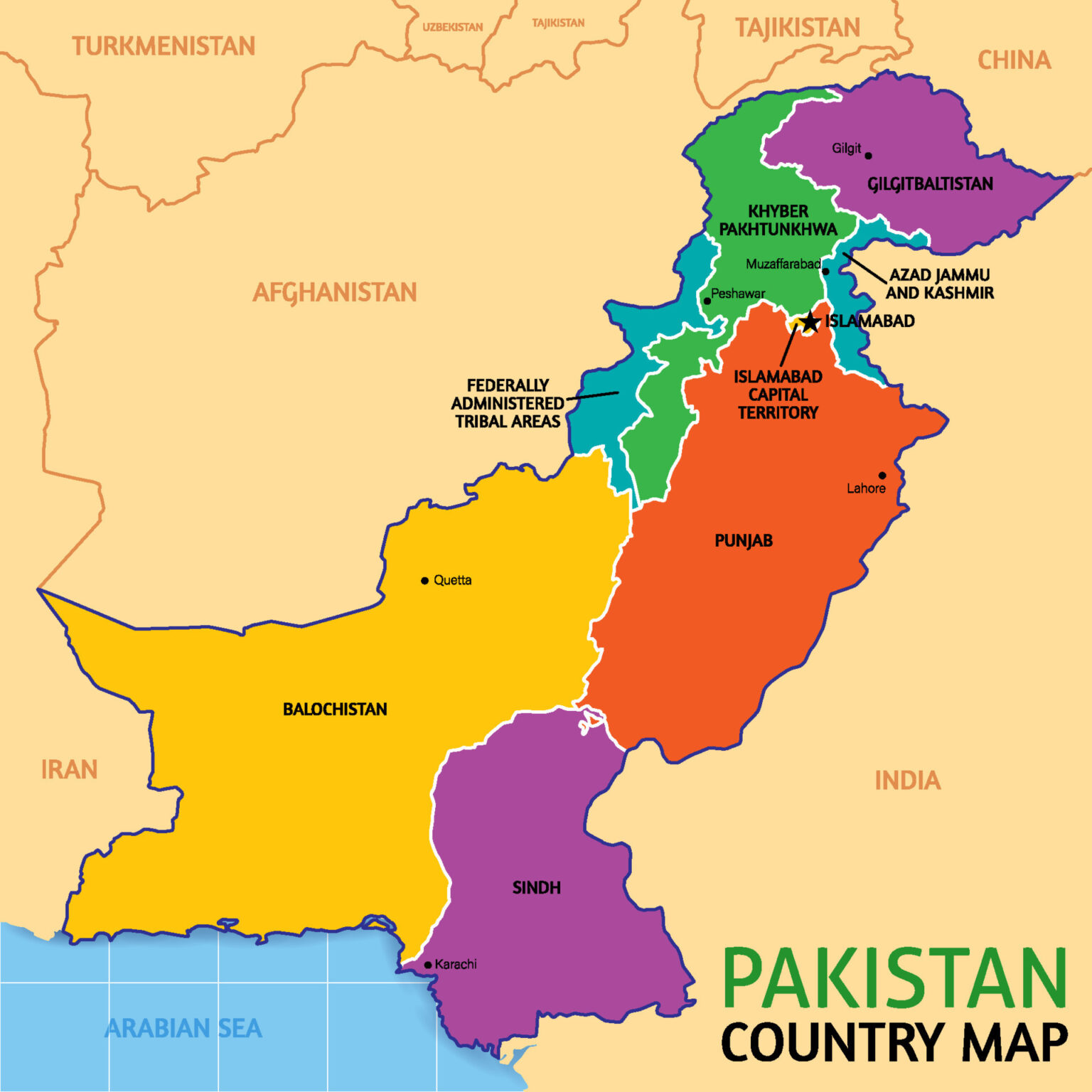We have learned that sir Syed Ahmed khan was the man who led the awakening of Muslims to the need of modern life and that was many years ago, and it will be asked-who were the man who thought of the idea of Pakistan and made that idea real and workable? After all, it is not an easy matter to create a new country, 400,000 square mile in area, with eighty million inhabitants, and men who can do such things are not ordinary people. Nor were they in any way ordinary, and towering above all who played some part in the creation of Pakistan are Allama Muhammad Iqbal and Quaid-i-Azam Muhammad Ali Jinnah.
Iqbal was born in Sialkot, in the Punjab, in 1873. His ancestors were sapru Brahmins of Kashmir who accepted Islam about 300 years ago. Iqbal received his early education in Sialkot where he began to write poetry. He sent some of his verses to Dagh who, at that time, was considered to be the finest poet then writing in Urdu. Iqbal asked Dagh for a criticism of his work. Dagh made a few suggestions and then added that Iqbal needed no further help from him. Years later, when Iqbal had achieved fame, Dagh, an old man, used to claim with pride that once he had corrected the master’s verses. Iqbal went to Lahore for advanced study at the University and Very soon he made a name for himself among literary people.
In 1905, he was encouraged by Sir Thomas Arnold to go to Europe, and he studied at Cambridge and in Munich. He was greatly interested in European thought and ideas and he also found time to Qualify as a barrister.
He returned to Lahore in 1908 where he settled down to legal practice, but he could not shake off his deep interest in the problems of humanity and its ways of living. he admired the energy and activity of European men and women, but at the same time he disliked many of the ideas which gave shape to their life and actions, and he began to think deeply about these difficult matters.as a result, he poured forth a stream of wonderful poetry, in Urdu and in Persian, which not only had great beauty but also new inspiring thoughts. Iqbal believed that the duty of man is to be active and to improve him personally. One of his greatest poetic works is called Secrets of the Self he did not believe in dreaming stay-at-home who knew what was good for others, but could do very little good for themselves.
These notions had a particular value for Muslims who, in spite of the Work of sir Syed Ahmad Khan, were still wrapped too much in the past. Iqbal was against all that. He declared that even the very religion of Muslims, if rightly understood, was a call to useful action and that the answer to modern problems could be found in Islam by those who cared to shake their wits and study the subject properly.
The originality of his ideas, beauty of his poetry and its special appeal to Muslims, brought him fame and so much influence that he was given a knighthood. In 1927 he became a member of the Legislative assembly of the Punjab and, in this way, active in political affairs. In 1930 he was elected President of the Annual Session of the Muslim League, and in his speech to the Meeting he put forwards some Suggestions which, later proved to be the seed from which Pakistan Sprang.
As we have seen, by the year 1930, there were big differences between Muslims and Hindus and it seemed as if there was no hope of finding an agreement upon them. Iqbal said that the issue must be squarely faced. There were these differences: there was no hope of either side giving way on certain cherished notions, and therefor the only thing to do was to make an arrangement which would satisfy the need, beliefs and hopes of each group. Iqbal died by the Muslim League, but it has to be admitted that his work as a poet and thinker did much to prepare the Muslim mind for a Partition of the sub-continent. In his lifetime Iqbal become would-famous as a writer. Since his death, his poems have been translated into many Languages, and societies formed for the purpose of studying his thought and exist in all civilized countries.
If Iqbal was the man who could see need for some arrangements by which the dispute between Muslims and Hindus could be solved the Quaid-i-Azam (it means “the great Leader”) Muhammad Ali Jinnah was the man who made that arrangements a reality. He was born in Karachi, on Christmas Day, 1876, of a respectable middle class trading family. As a boy he showed signs of considerable ability and also something of the firmness of character which marked him out later in life.
When he was a young man he went to London and qualified as a barrister, after which he returned to Bombay and began to practice law. In a few years he had become a well-known advocate and soon was one of the leaders of the profession. He entered politics and, in 1910, he became a member of the Imperial Legislative Council. As politicians his career was unusual because he started as a member of the Indian Nation Congress, which he later gave up, and in 1916 he was president of the All-Indian Muslim League.
At one time, Jinnah was called ”the ambassador of Hindu-Muslim unity”, but later he become dissatisfied with the way that affairs in India were going and he went to England with the idea of practicing law in Landon. He was invited to attend the round table conferences, and it was then that he came to the conclusion, and it was then that he came to the conclusion that the best interests of the Muslims would never be safe so long as the Hindus had a majority of votes. He became convinced that a policy which protected Muslims interests was absolutely necessary.
From this time onwards he devoted himself to the cause of the Muslims in India. He returned to the sub-continent, and in 1934 he was again elected president of the Muslim League and remained President until he died. He returned Muslim to his banner and the League become more and more powerful. In 1940 the “Pakistan” resolution was passed in Lahore, and Mr. Jinnah fought tooth and nail against the opposition of the Hindus. He was a powerful orator with a gift for putting his ideas forward in a clear and striking way. The latter part of his life was entirely given up to the cause of Pakistan and in 1947 he succeeded in persuading the British and the Hindus to agree to the Pakistan scheme. When Pakistan was created he become its first Governor-General but, unfortunately, he died in 1948 and the country lost its greatest man.
There is no doubt that Mr. .Jinnah was altogether a remarkable person, for not only was he a clever and able political leader, but he was extremely honest in his personal conduct. In the great battles of life men are often tempted to lie and cheat in order to gain the victory, but this was not Jinnah’s way. He was, undoubtedly, a proud man, and he disdained the idea of using trickery in order to succeed. His firmness and strength of will sometimes make him unpopular. When had made up his mind he would never give way, and he was often accused of obstinacy. Without Mr. Jinnah’s unusual ability and determination it is possible that Pakistan would not have been created, and the people of Pakistan recognize this, not only by the great respect in which they hold his memory, but in calling him the “Father” of the country.
Mr. Jinnah was greatly helped by his sister, Miss Fatima Jinnah. She was as a much devoted to the cause of Pakistan as her famous brother, and before 1947 she took an important part in the progress of the Muslim League. When Mr. Jinnah become Governor-General she was at his side, and she did much to lighten the burden of his work, especially when he became weaker in Health.
The first prime Minister of Pakistan, Mr. Liaqat Ali Khan, was another of the leading workers in the cause. He was born in the Punjab in 1895 and, like so many of his colleagues, he went to the United Kingdom where he took an Oxford University degree and become a Barrister-at-law. He joined the Muslim League many years before it become a powerful political party and he was later elected Honorary General Secretary, a position he held until the time that Pakistan was formed. He won the confidence of his chief, Mr. Jinnah, and become his right-hand man. He played an important part in the Pakistan movement and in the discussion which led in the end to an agreement by which Pakistan was formed. His appointment as first Prime Minister of the new country was a just reward for his efforts towards its creation.
After the death of Mr. Jinnah, the nation looked to Mr. Liaqat Ali khan as the only man able to carry on the building of the country and, certainly, he was the best qualified. He had enjoyed the confidence of Mr. Jinnah for so many years and had worked so closely with him that no one else knew more exactly what was in Mr. Jinnah’s mind and no one understand his political methods better.
When Mr. Jinnah died in 1948 Pakistan had been in existence only thirteen months and there were still many problems to be solved and difficulties to be faced. Mr. Liaquat ali Khan gave the nation a good lead: he was a man of calm temper, not easily ruffled, and people liked him abroad as well as at home. He was tragically killed by an assassin when about to make a public speech at Rawalpindi in 1951. Mystery still surrounds this murder which robbed Pakistan of an able man.
There were of Couse, many other who worked hard to achieve the Pakistan of their dreams, but it is not possible to mention here the name of everyone. Something must, however, be said of the first President of Pakistan, Major-General Iskandar Mirza.
Un like Jinnah, Iqbal and liaquat Ali Khan, General Mirza was not a political worker but first a soldier and later on a civil servant. He was born in 1899, and after receiving his early education in India he went to the Royal military Collage at Sand Hurst. He became an officer of the Poona Horse, but in 1926 he was transferred to the Indian Political Service and served in many Places. Twenty years later he was Joint Secretory in the Ministry of Defense. When Pakistan was formed in 1947 Iskandar Mirza decided to work for the new country. As a very senior official he showed great ability, so much so that in 1954 he was promoted to be Governor of East Pakistan where, in times of great stress and trouble. He proved his worth as a sound and able leader.
In 1955 the Governor-General of Pakistan in office at the time, Mr. Ghulam Mohamed, was forced to retire owing to ill-health and General Mirza’s abilities earned him the appointment to this high position. A few months later Pakistan become a republic and to General Mirza fell the unique honor of being its first President.

